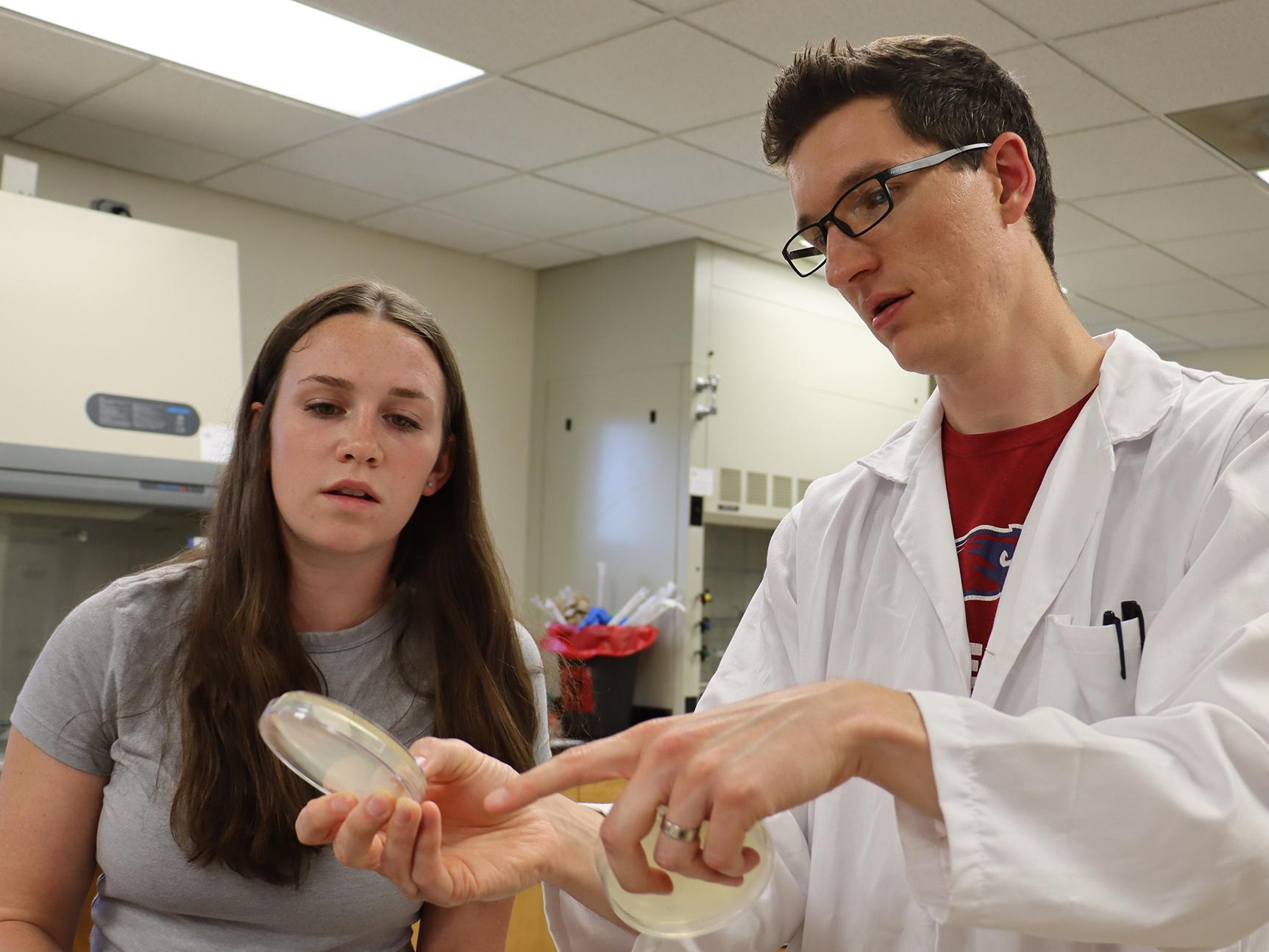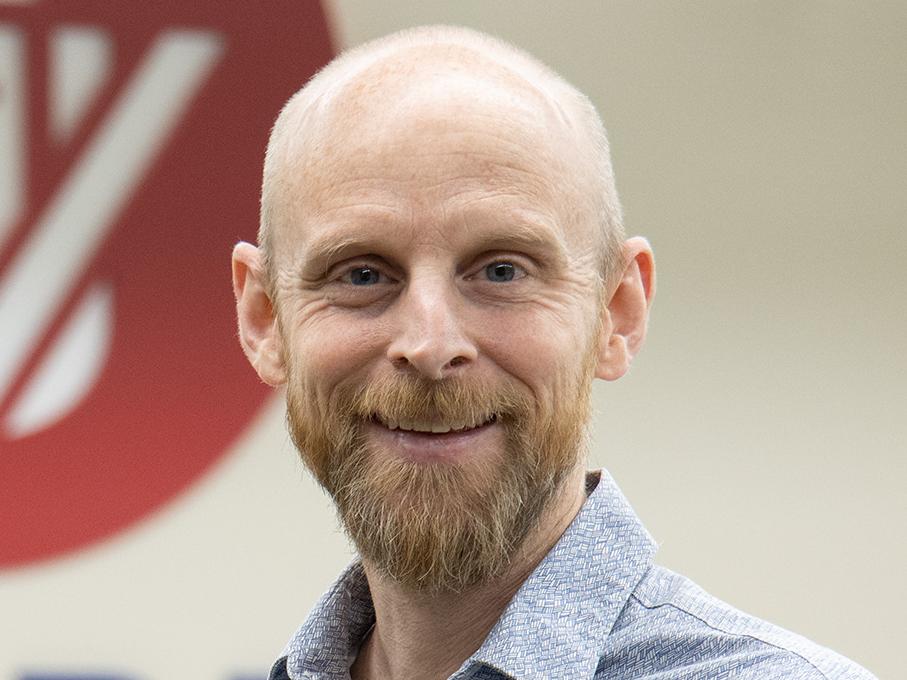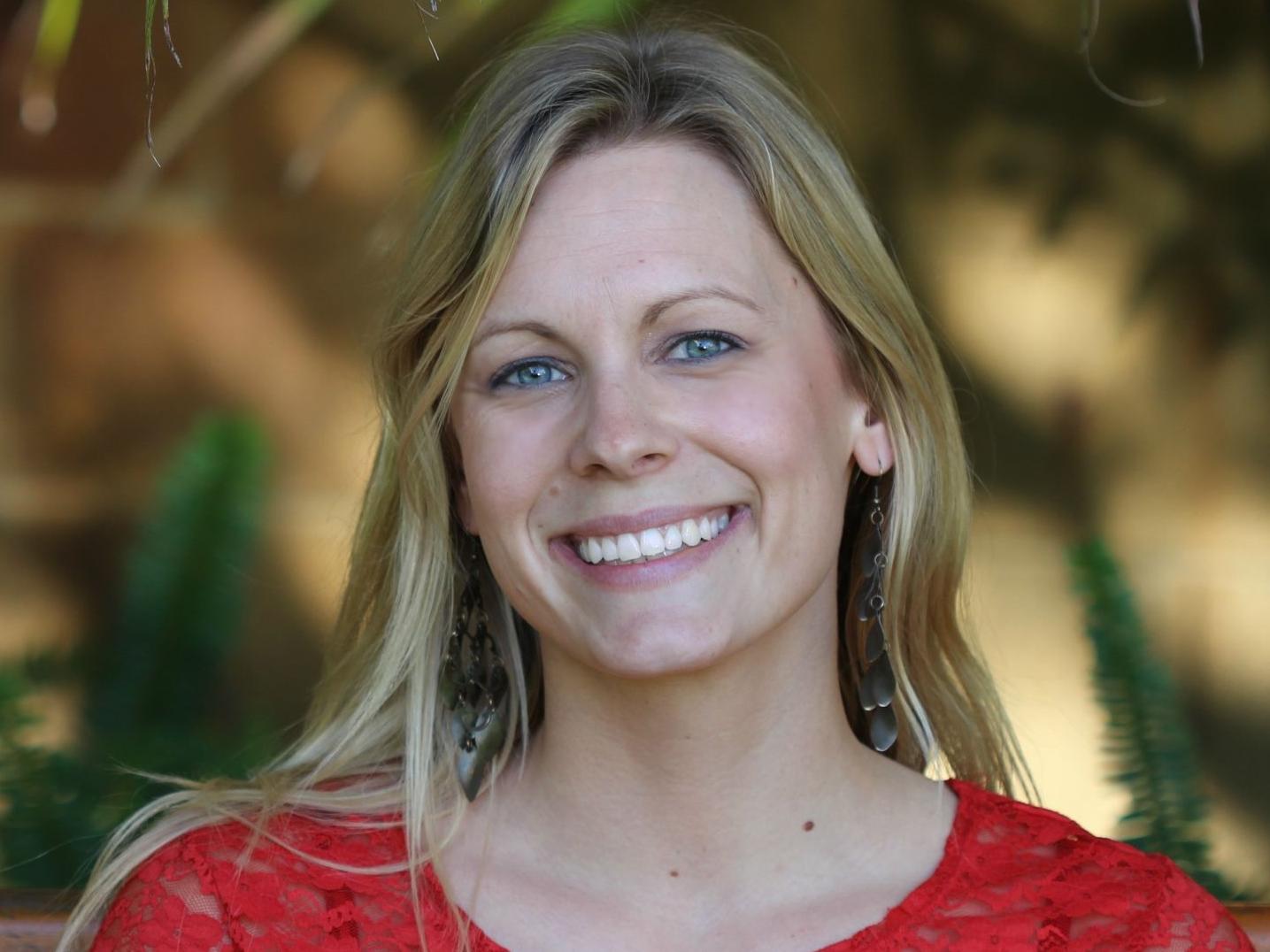In the midst of a viral pandemic, it’s hard to think of viruses as anything but a plague on humanity. In reality, viruses hold real promise as a treatment for cancer.
This summer, Viterbo University senior biology student Kaitlin Schiferl is conducting research to assess the promise of viral cancer treatments.
An Elk Mound native, Schiferl is one of 16 Viterbo students selected for the university’s Summer Undergraduate Research Fellowship program. SURF students are paired with faculty mentors, 12 of them this summer, who help the students write research project proposals and then supervise their experiments.
Schiferl is working with Luke Bussiere, an assistant professor of biology who came to Viterbo last year after completing his doctoral degree work at Iowa State University. Bussiere’s doctoral thesis focused on understanding the interaction between mammalian orthoreovirus and cancerous tissue to better understand what tumor types and environments that would be most promising for viral therapy.
The idea of viral cancer therapy actually goes back to the 1890s, when doctors encountered a cancer patient who contracted an influenza infection. In the wake of the viral infection, doctors discovered that the patient’s leukemia went into remission.
“It’s not heard about a lot, but to be fair people have known about this for a long time,” Bussiere said. “What we realize now is viruses love cancer. They love replicating in tumors.”
The beauty of using the mammalian orthoreovirus is the virus very rarely results in any disease in people, but it has been shown to be deadly to some tumors. Clinical trials have been running for about 15 years on the reovirus, Bussiere noted, and viral therapy using a form of the herpes virus has been approved in the United States for treatment of skin cancer.
Reovirus treatment has been shown to kill some tumors, and recently it has been shown to suppress the hypoxia inducible factor 1a (HIF-1a) that makes tumors aggressively grow. One big question, though, is whether the viral therapy also could prevent metastasis, the spreading of the cancer to other areas of the body, which is stimulated by accumulation of HIF-1a.
“When a tumor is just in one location, your odds are usually pretty good,” Bussiere said. “Our research is looking at if the reovirus doesn’t kill the tumor, can it at least inhibit spread.”
Viterbo’s SURF program pays Schiferl a stipend to work 20 hours a week on the research project, which involves cultivating breast cancer cells, infecting them with the reovirus and testing them for evidence of downregulation of two specialized proteins that cancer cells produce to help them metastasize.
“The hypothesis is if we detect a decrease in the RNA encoding both of those proteins, it could inhibit the spread of cancer,” Schiferl said.
If the reovirus treatment does reduce the proteins, the next step will be to determine whether it hampers the creation of blood vessels to feed the cancer. “The blood vessels are the highway for cancers to spread,” Bussiere said.
It has been hard but rewarding work for Schiferl, who also is working this summer as a certified nursing assistant in the oncology department at Gundersen Health System. She’s had to learn new skills for conducting the research, including advanced microscopy and the care and feeding of a cancer cell line, as well as learning the theoretical underpinnings of how viruses and cancer cells work.
Schiferl’s research could well be useful to those conducting viral cancer therapy clinical trials. Down the line, this could lead to saving lives.
“I think it’s exciting. I don’t think enough students take advantage of these kind of research opportunities,” said Schiferl, who will be a senior in the fall and plans to go on to graduate school to become a physician assistant. “It’s really a great experience that helps you grow and develop a deeper understanding.”
AT A GLANCE
SURF: Viterbo University's Summer Undergraduate Research Fellowship program offers stipends to students for research projects overseen by faculty members in a wide variety of disciplines.
MENTORS: Professors supervising students participating in Viterbo’s SURF program include Chris Mayne, Ted Wilson, Kerry Busteed, Mary Ellen Haupert, Matthew Bersagel Braley, Tiffany Lein, Tyler Flockhart, R. Charles Lawrence, Susanna Driscoll, Luke Bussiere, Maria Morgan Bathke and Janet Holter.
RESEARCHERS: Here are the student participants and the titles of their SURF projects:
- Tristan Meighan: Derivation of a Dendritic Cell Line from the Bone Marrow Cells of Mice for Antigen Processing and Presentation
- Amanda Tranberg: The Influence of Black Light Trapping on Insect Diversity
- Tess Durscher: Examining the Filipino Culture’s Perspective on Addressing Mental Health Disorders
- Rhiannon Baasch: Ethel Smyth: Forging an Intersection between Music and Feminism
- Faith Meltz: Meaning Making as CNAs during COVID-19
- Sharice Elbert and Samantha Schnick: The Feasibility of Growing and Selling Greens and Herbs to the Viterbo Cafeteria
- Jerica Mueller and Alexis Oestreich: CNAs, Religion, and COVID
- Mira Kendall: Environmental Enrichment in Adolescence Induces Resiliency
- Alex Boardman: BDNF and NMDA/AMPA Expression in Enriched Environment Exposed Rats and the Resiliency Development Against Stressors that Affect Neuron Management and Plasticity
- Easton Halverson: Captopril’s Potential in Diminishing Fibrotic Activity of Radiation Induced Pulmonary Myofibroblasts
- Kaitlin Schiferl: MRV Use for Inhibition of Angiogenesis
- Brianna Houle: Intermittent Fasting and Metabolic Effects
- Alisha Lozenski: Enriched Environment Induces Resiliency
- Bailey Nuutinen: The Impact of the COVID-19 Pandemic on Burnout in Philippines Nurses




